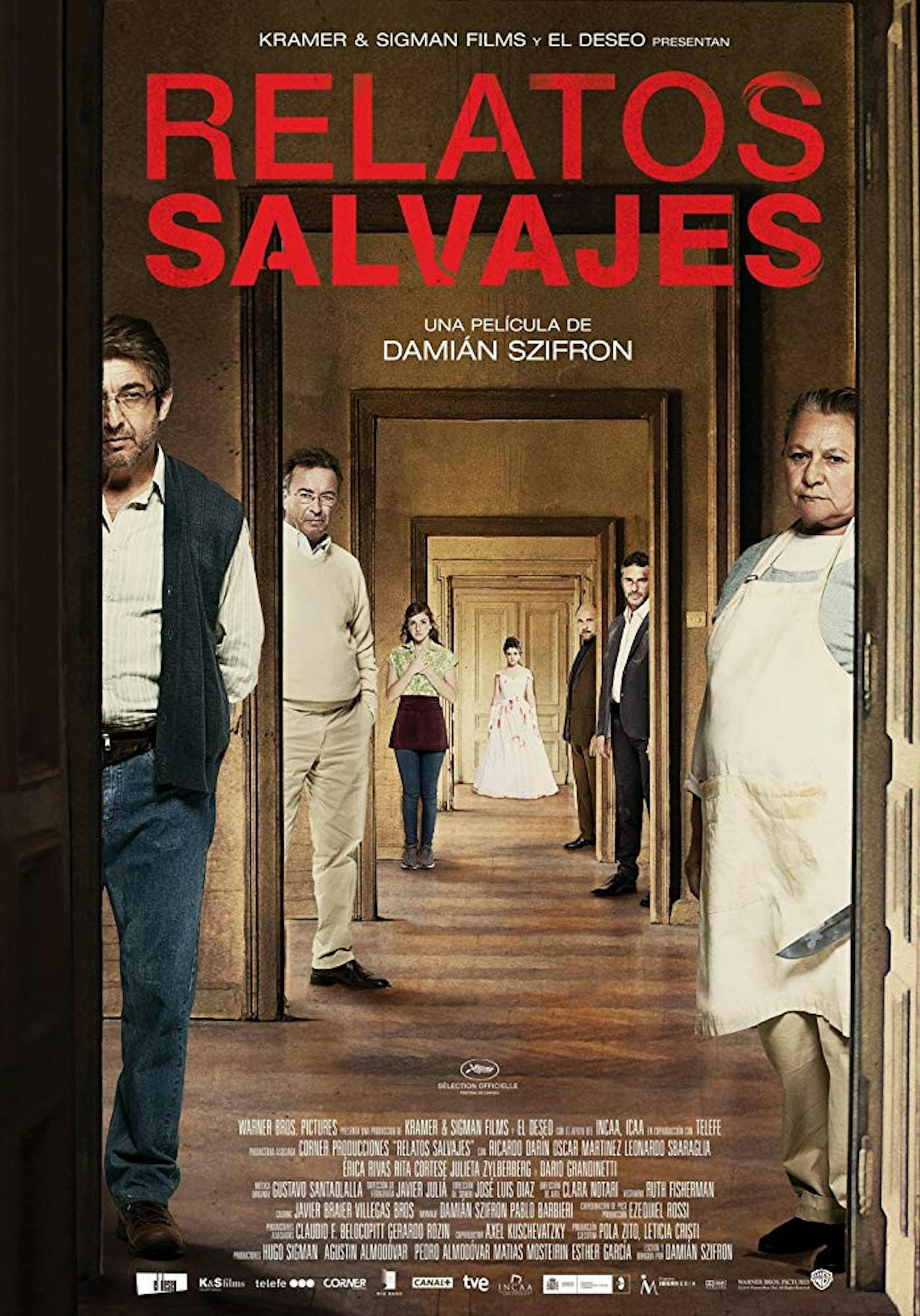There is something uniquely rich and warm about emotions shared across languages. Watching a film -- whether gasping at dramatic irony, cackling at the antics of a foolish character or crying out in disbelief at its conclusion -- brings out that which unites us: our ability to recognize and celebrate each other’s experiences and where they might intersect. The Tufts Latino Center's screening of "Relatos Salvajes" (2014) did precisely that, bringing to life a space of laughter and community in the Sophia Gordon Multipurpose Room on Oct. 31. The screening, presented as part of the inaugural Tufts Latinx Film Festival and in partnership with the Film and Media Studies Program and Department of Romance Studies, dove into a dark comedic world in a series of disconnected vignettes that culminate in a diverse anthology film.
Juliana Berte, senior lecturer of Romance studies, introduced the Argentinian film.
“It’s not about anything exceptional. It’s about issues that will never be on the front page of a newspaper,” Berte said.
Despite the mundane subject matter, "Relatos Salvajes," directed by Damián Szifron, remains at the top of Argentina’s list of most popular films. Berte added that the film has won scores of international awards, including an Oscar nomination for Best Foreign Language Film.
The main charm of the film lies in the way it entertains fantastical responses to everyday woes. After an HBO-inspired title sequence of wild animals -- a reference to the film’s title, "Wild Tales" -- six scenarios unfold, charting the everyday struggles of the protagonists. From road rage and the anguish of a towed car to marital infidelity and a waitress’ revenge, each situation escalates right up to the edge of dark comedy, sometimes toeing this line quite carelessly.
Most scenes land perfectly within the genre, generating the expected cringes and laughter from the audience at the absurd and grotesque behavior reflecting one’s darkest impulses. Others push the limit into emotionally-disturbing sequences that threaten to lose their grip on the comedy. Nightmarish and gut-busting in equal measure, "Relatos Salvajes" invites viewers to pick a favorite vignette and defend their choice, regardless of where it falls on this scale. It is uncomfortable, relatable, hilarious and thought-provoking.
The vignettes also seamlessly fold social commentary into their meandering plots. These include the dangers of dismissed aggression; unorthodox views on the relative quality of life in prison; the influence of class on the justice system; and many others. While there is no real connection between the scenes, they build to a climax of sorts. The final scene features a feuding couple who turn their wedding into a rampage of revenge. They find solace in each other by the end of the night, just as the audience is left to find the humanity in the folly presented on the screen. The beauty of the varied narratives of "Relatos Salvajes" is that every viewer can find a character or gripe to latch onto, regardless of culture. Rendered with just enough humor to blunt these biting messages, "Relatos Salvajes" is a wonderland of unmitigated instinct, a two-hour adventure of the ordinary becoming absurdly delightful with just a little bit of daring.
The festival closes Friday with a screening of the TV series "Vida" at 1 p.m. and "Coco" (2017) at 3 p.m., both in the Sophia Gordon Multipurpose Room.
Tufts Latinx Film Festival's 'Relatos Salvajes' finds humor in the surreal, mundane

A promotional poster for 'Relatos Salvajes' (2014), which screened at the Tufts Latinx Film Festival, is pictured.





